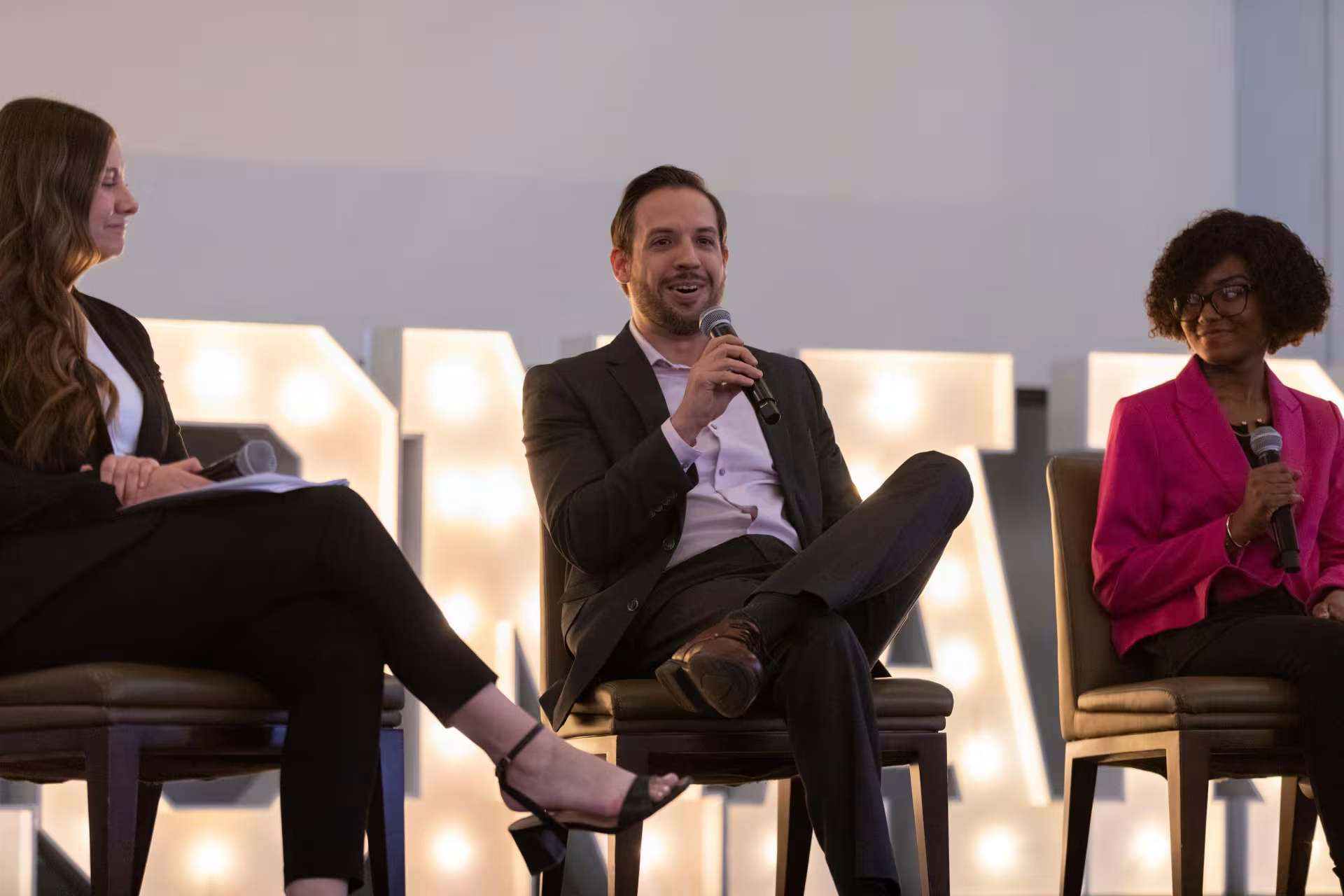Read time 5 minutes
Published on Aug 13, 2020
If you have already enrolled in a doctoral program or you are just considering it, you already know that your program will end with a dissertation. Whether you are working on an academic doctorate or a professional doctoral degree, the dissertation is the cornerstone of your degree program. In addition, it does not matter if you are studying on-campus or completing an online PhD program, the dissertation is still the terminal piece of your studies.
With that in mind, it is important to know what your dissertation topic is going to be before you get too far into your program. Before you begin planning how to do your research, you want to know what your focus will be. The dissertation topic that you choose will shape the rest of your studies during your PhD or doctoral program. Really, it will be difficult to complete anything else until you figure out the main focus of your dissertation.
How to Decide on a Dissertation Topic
Because the dissertation is the heart of your doctoral program, you will want to spend a good amount of time determining what you will be studying and writing about. There are a number of different approaches to take when choosing a dissertation topic. Here are a few tips that can help you select what to study and research for your doctoral dissertation.
Choose What Interests You
Remember, you will be spending a good amount of time writing your dissertation and even more time before that researching the topic. You will need to have a connection to the topic that holds your interest. By choosing a compelling dissertation topic, you can ensure that you will be motivated to continue your studies and your research.
Consider Your Resources
Many doctoral and PhD students can receive grants and stipends for their dissertation research. However, you should choose a topic that matches the time, money, people and other resources that you have available to you. A dissertation topic that becomes too resource-intensive may discourage you and cause you to lose time during your program.
Read in Your Field
Spend a lot of time at the library and on digital library sites reading current research. Find out what people have recently studied and written about in your field. Look to your school's library for copies of dissertations of students who have already earned their doctorate or PhD. As you read, see if you can find any topics that do not seem well developed or that you would like to learn more about. This reading can also help you determine a framework for your own research and writing.
Read Outside of Your Field
Reading widely outside of your field will allow you to make connections between your topic of study and a different area. You might be able to see how theories work outside of how they are traditionally applied. Reading outside of your field could lead you to a very innovative approach to your dissertation work.
Find Your Niche
The goal of a dissertation is to ultimately offer the field some information and research that it has not yet seen. When you find a unique topic or a specialized niche within your field, you are offering your colleagues something new to think about. Your research may even change future practices.
Choose a Topic That Can Be Built On
Your dissertation may not single-handedly change the world. However, the dissertation topic that you choose can be the start of continued research in that area. If you pick a topic that is just the beginning of potential research, you will help to shape your future career and to make a difference in your field.
Be Open to Changing Your Original Dissertation Topic
You may go into your doctoral program thinking that you want to study one particular thing. But as you read and research you may find that your topic starts to shift focus. Be willing to continue to research new ideas. Just because you liked an idea at the start of your program does not mean that you can't change it as new information comes to light.
Talk to Others
When you are close to narrowing down your dissertation topic, share your ideas with your professors, advisers and other students. With that, do not forget to talk to people outside of your field as well. The more you can explain your dissertation topic and research ideas the more you will be able to zero in on what is most important.
Start Searching for Theories
As you are doing your reading and research to decide on your dissertation topic, look for theories that may support the work that you want to accomplish. You can focus your dissertation on continuing to support that theory or moving that theory forward by applying it in new ways. But starting with a theory is a strong framework for a dissertation because much of the groundwork has already been laid by your predecessors.
Look for Data
Just like theories are a strong way to start creating a dissertation framework, so too is existing data. Look at existing studies and the data that has been shared. You may find that you interpret that information differently than the original researchers. If so, you may want to reach out to them and start a discussion about their process and interpretations. This data could become the backbone of your own dissertation research.
Ask Questions That Can Be Answered
The point of your dissertation is to bring new information to your field. If the question that you base your dissertation on is too theoretical, you may not actually come up with answers that can be shared. Instead, you may find yourself with even more questions and nothing tangible that adds to the body of knowledge in your field. Consider how answerable your dissertation topic is before committing yourself.
The dissertation process can be long and arduous. There are a lot of starts and stops as you refine your ideas and reconsider your research process, but the outcome is a rewarding experience. Through the dissertation process, you not only help yourself become a better researcher but you also help your discipline and community by adding to the body of knowledge.
Join the doctoral community at Grand Canyon University in one of our many terminal degree programs from the College of Doctoral Studies such as the DBA in Data Analytics. You will have plenty of support as you choose your dissertation topic and continue your research and studies.





